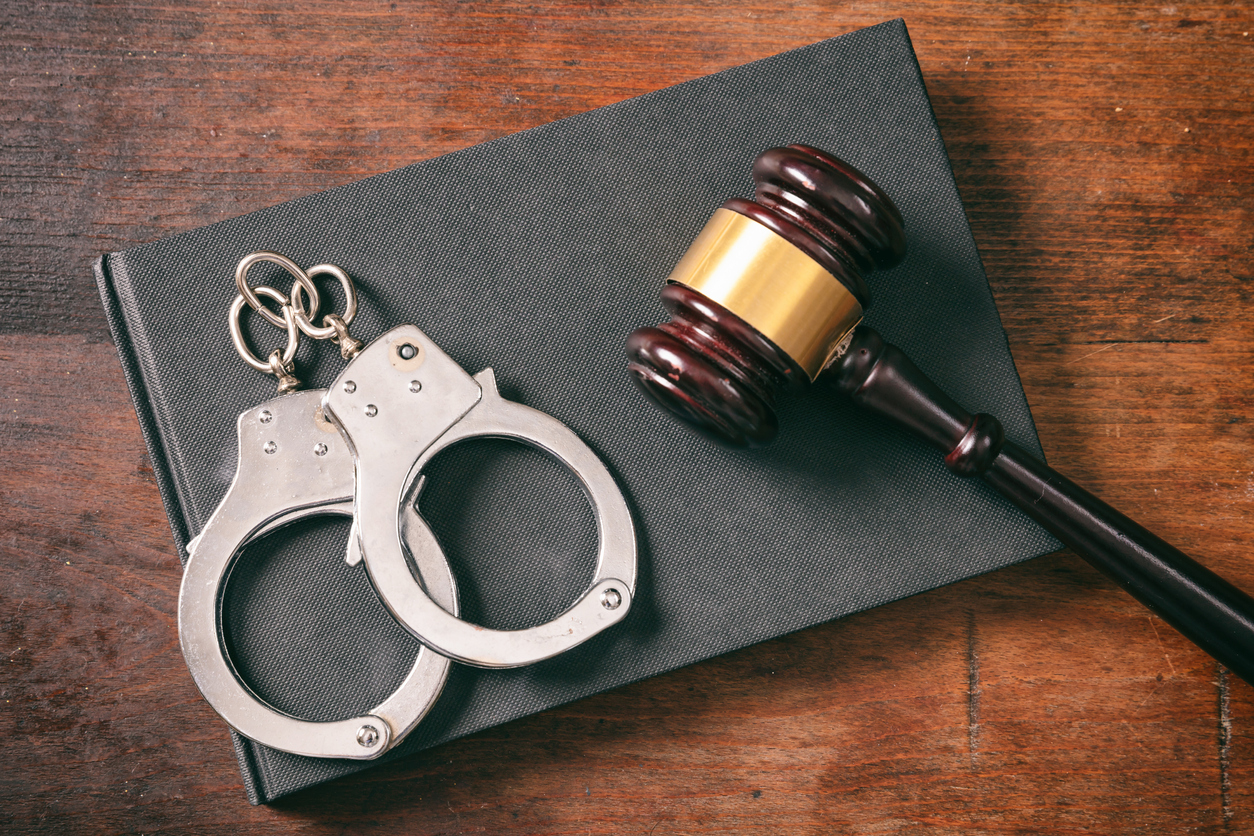
In Maryland, restraining orders, also known as protective orders, are used to help individuals in need of protection from abuse or harassment. These orders help prevent further contact between the petitioner and the respondent, focusing on safeguarding personal safety. Understanding the types of orders and what proof is necessary to either successfully obtain or defend against a restraining order helps clarify the process for individuals involved.
Peace Orders
Peace orders are used to provide protection for individuals who need to safeguard themselves from someone they don’t have a close or domestic relationship with. A person can file a peace order against people such as strangers, neighbors, co-workers, or acquaintances.
This order requires the respondent/defendant to maintain a certain distance from the alleged victim and refrain from contacting them. If the respondent violates these terms, they can face legal consequences.
Evidence Needed To Obtain a Peace Order
To secure a peace order, the alleged victim needs to provide evidence that they suffered from specific actions. These include:
- Criminal acts: Show proof of incidents like trespassing, stalking, harassment, malicious destruction of property, or false imprisonment.
- Serious threats or harm: They should include any incidents involving rape, attempted rape, other sexual offenses, actions causing serious bodily harm, or actions that made them fear for your safety.
This information can be shown through prior police reports, video footage, witness statements, medical records, or anything else that provide evidence of the abuse/harassment. While having an attorney isn’t mandatory to obtain or defend against this type of order, their assistance can be helpful.
Domestic Violence Protective Orders
Domestic violence protective orders are designed to ensure safety for people who face danger from someone with whom they share a domestic or close relationship. This occurs if the individual in question is a current or former spouse, a family member by blood, marriage, or adoption, or someone with whom you have a child.
It also applies if the individuals have been in an intimate relationship for at least 90 days within the last year. A parent, stepparent, child, or stepchild who lived with the parent for at least 90 days in the past year can also file for a domestic violence protective order.
This order requires the respondent/defendant to maintain a specific distance from the alleged victim and avoid any contact. Legal repercussions follow if the order is violated.
Evidence Needed To Obtain a Protective Order
For a protective order, the alleged victim needs evidence that demonstrates they faced:
- Violent or threatening acts: Provide details of attempted rape or sexual assault, any actual instances of rape or sexual assault, false imprisonment, serious bodily harm, actions causing them to feel unsafe, or any kind of assault.
A lawyer is not required for this order, but working with one can help present a stronger case, which can increase the likelihood of being granted a protective order.
Types of Evidence Used to Obtain Protective Orders
When seeking a protective order, presenting the right kind of evidence is necessary. Below are some of the most important types used in these situations:
- Written evidence: Written documents play an important role. This includes any emails, text messages, or letters where the respondent made threats or admitted to harmful behavior.
- Photographic evidence: Photos can depict the effects of the alleged incidents. This can include images of injuries, property damage, or any other relevant visuals that support the case.
- Witness testimonies: Having someone else who saw or heard the incidents can greatly reinforce the claims. Witnesses can be friends, family, or even neighbors who observed the behavior or its aftermath.
- Medical records: If the alleged victim suffered physical harm, medical records are essential. These documents confirm injuries and provide a timeline that matches their account of events.
Understanding what types of evidence is required will help victims and defendants when dealing with restraining orders.
Contact the Restraining Order Attorneys at Alpert Schreyer Criminal Defense Attorneys in Maryland for Help Today
For more information, contact Alpert Schreyer Criminal Defense Attorneys to schedule a confidential consultation with a restraining order attorney. Our team is available to assist clients in Lanham, Frederick, Rockville, Waldorf, Annapolis, and Lexington Park, Maryland.
We proudly serve Prince George’s County, Frederick County, Montgomery County, Charles County and the surrounding areas. Visit our law offices at:
Alpert Schreyer Criminal Defense Attorneys – Lanham Office
4600 Forbes Blvd Ste 201 Lanham, MD 20706
(301) 262-7005
Available 24/7
Alpert Schreyer Criminal Defense Attorneys – Frederick Office
25 E Patrick St #200 Frederick, MD 21701
(301) 381-1993
Available 24/7
Alpert Schreyer Criminal Defense Attorneys – Rockville Office
11140 Rockville Pike 550-J Rockville, MD 20852
(301) 364-3195
Available 24/7
